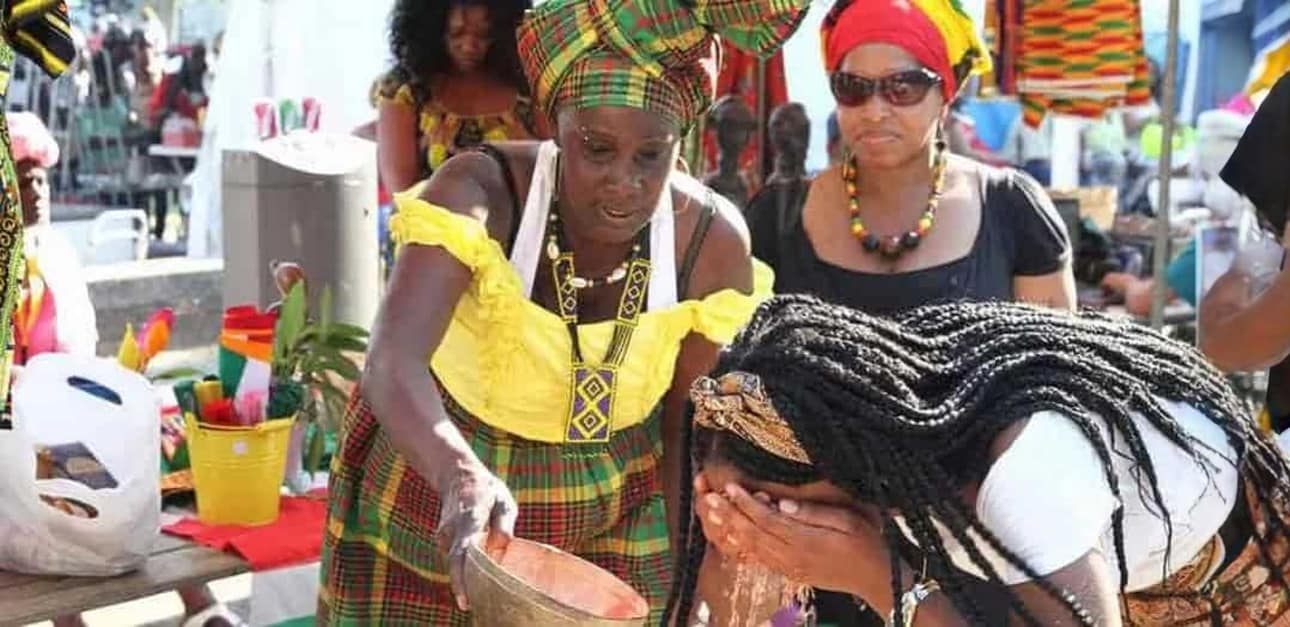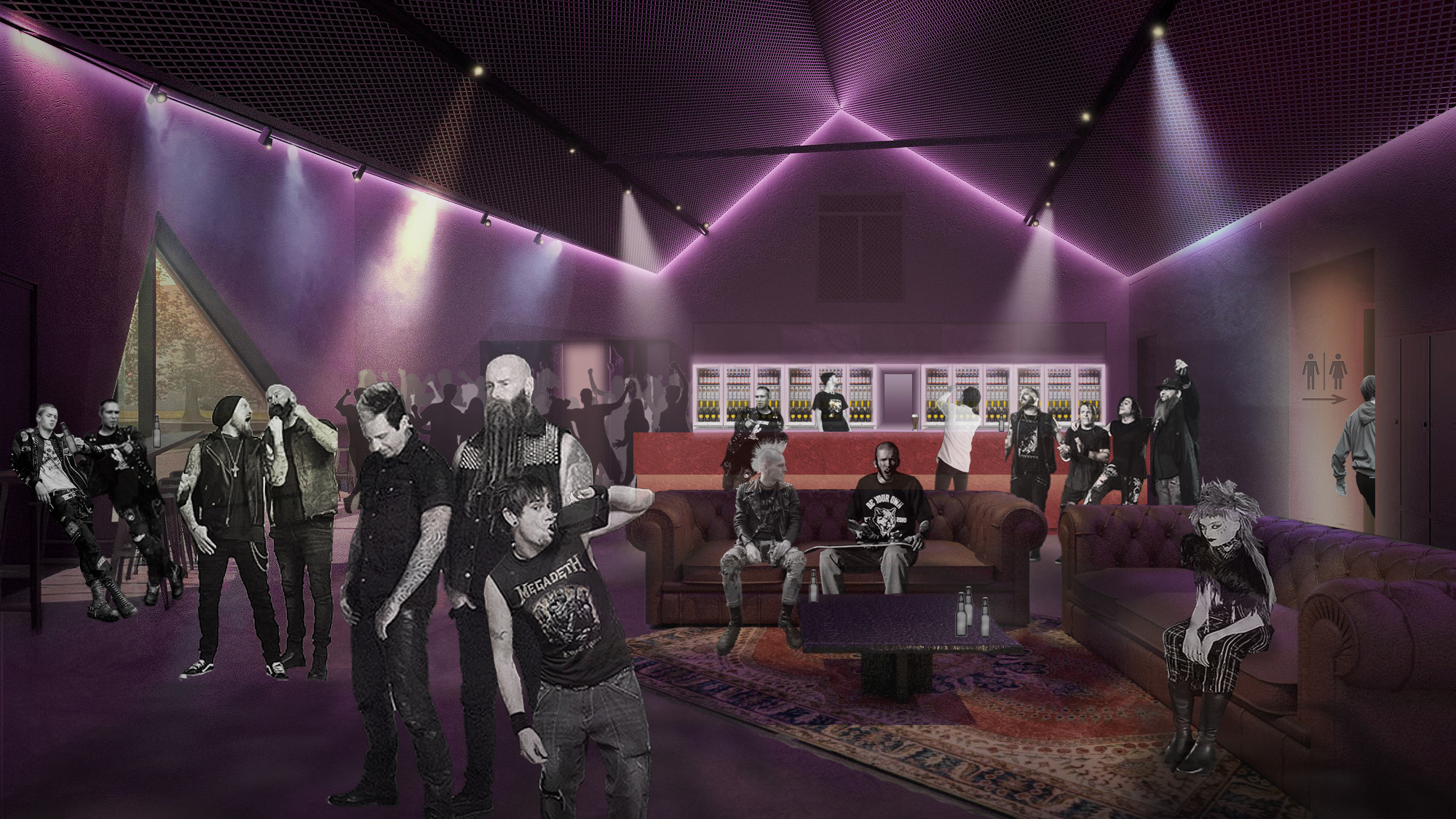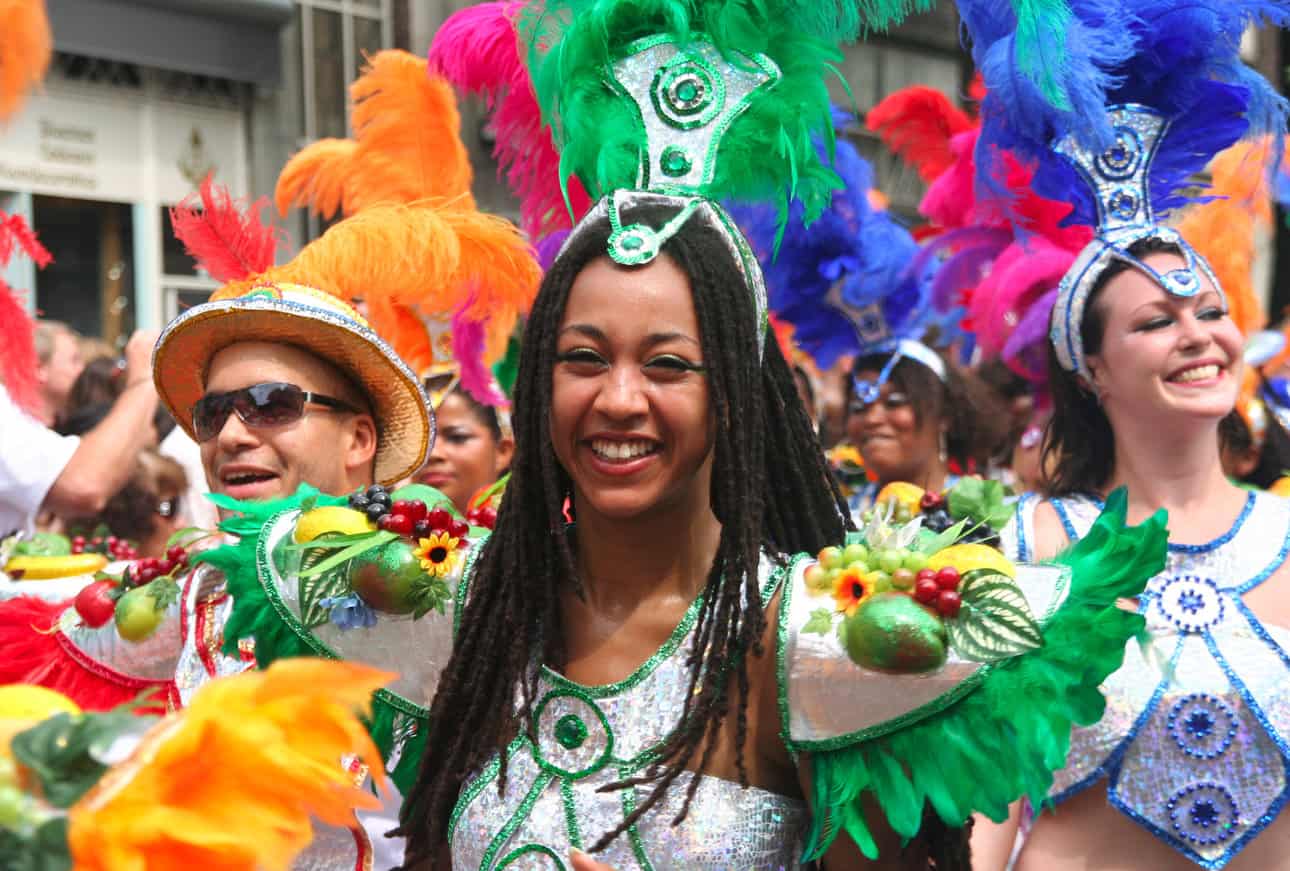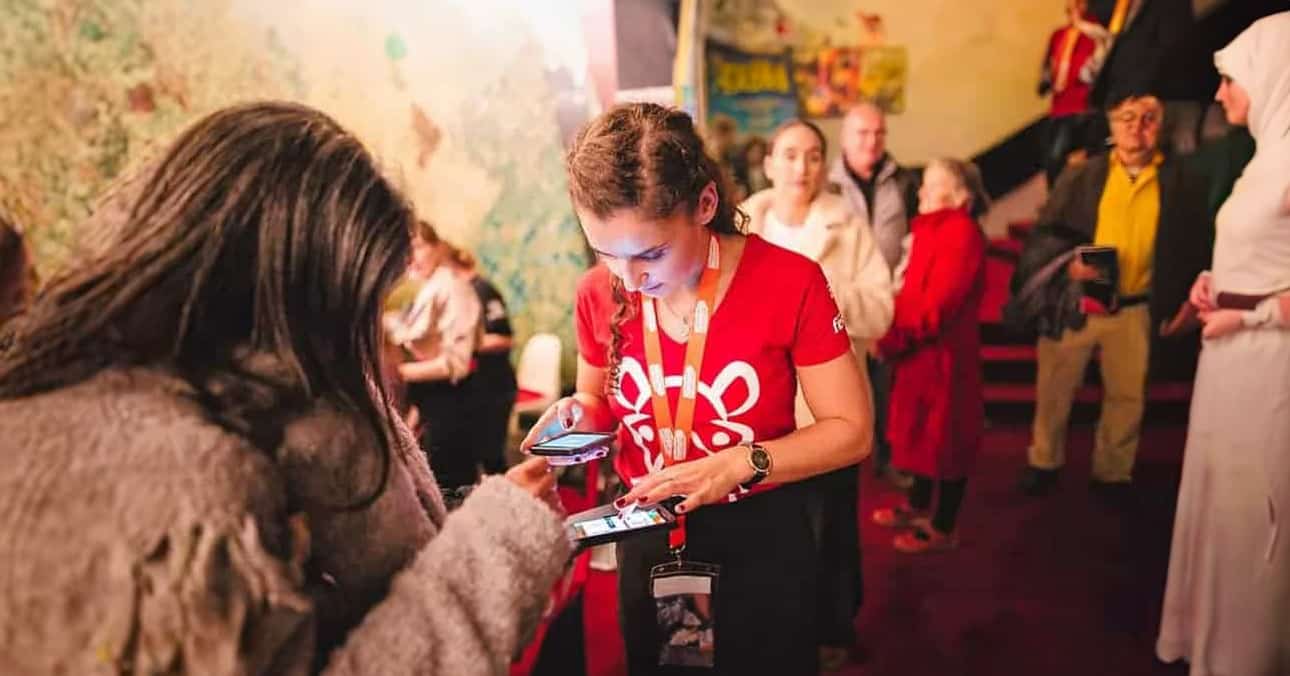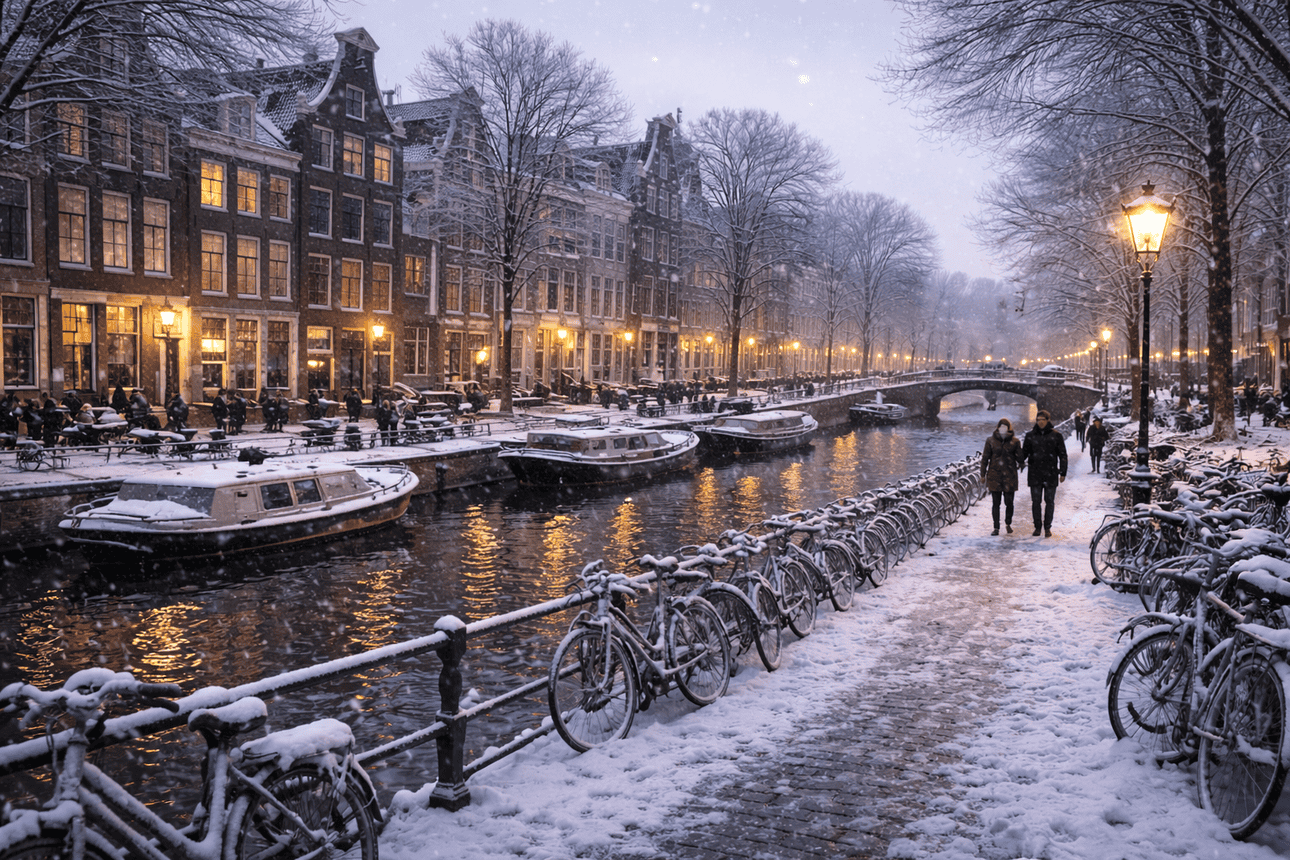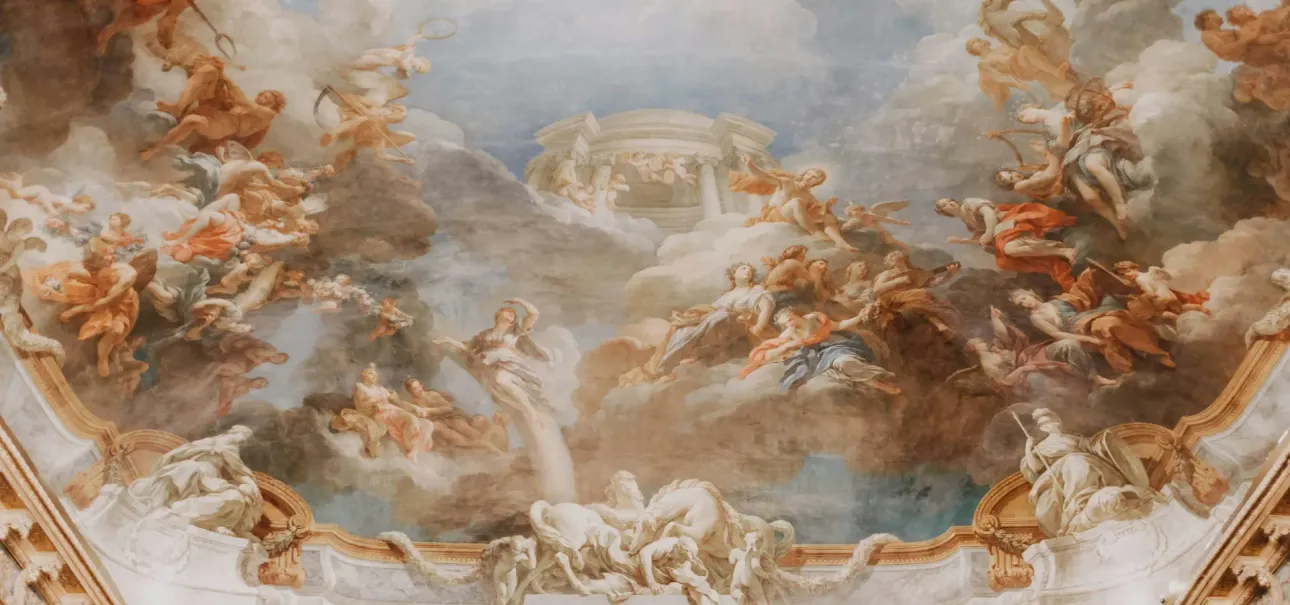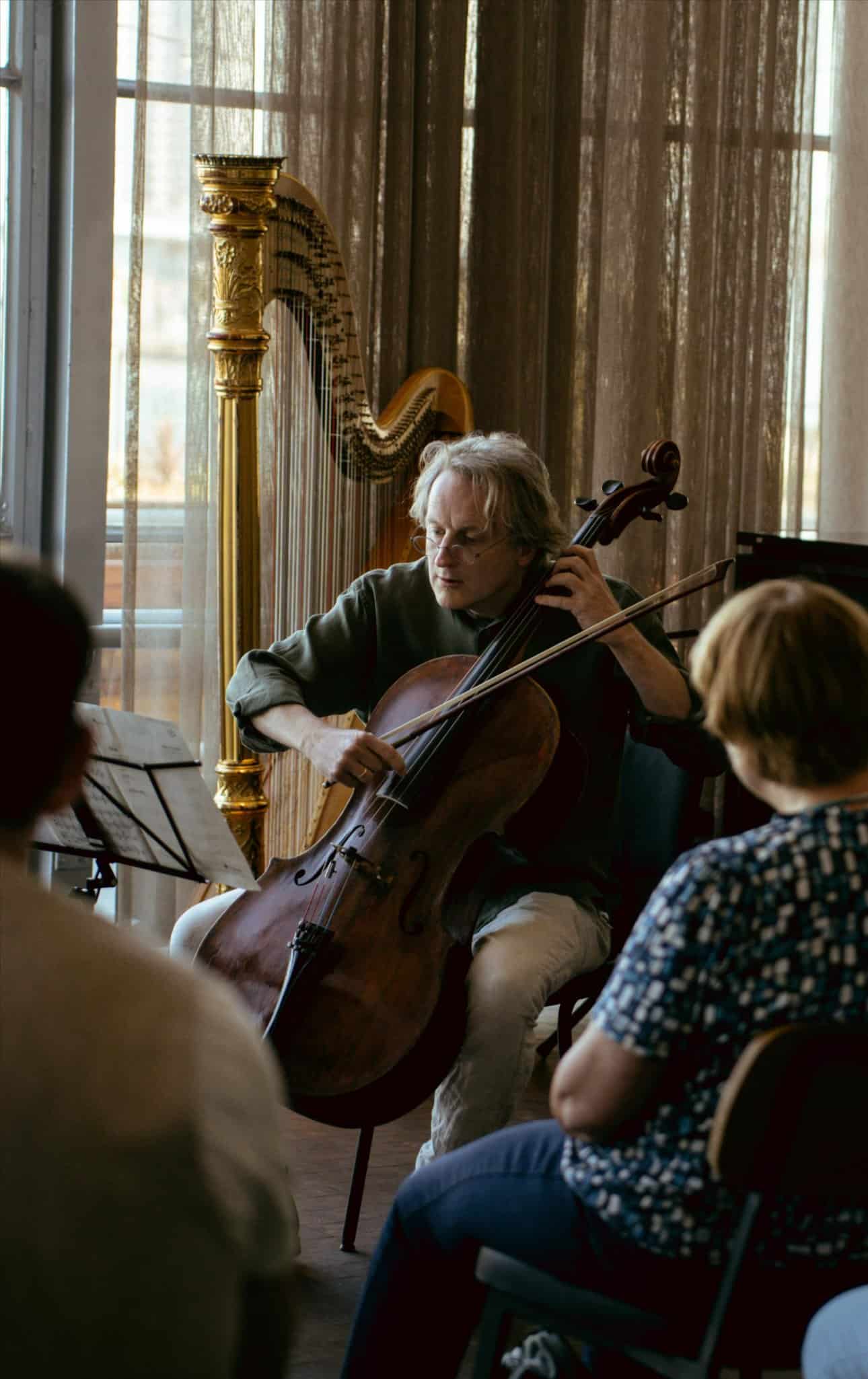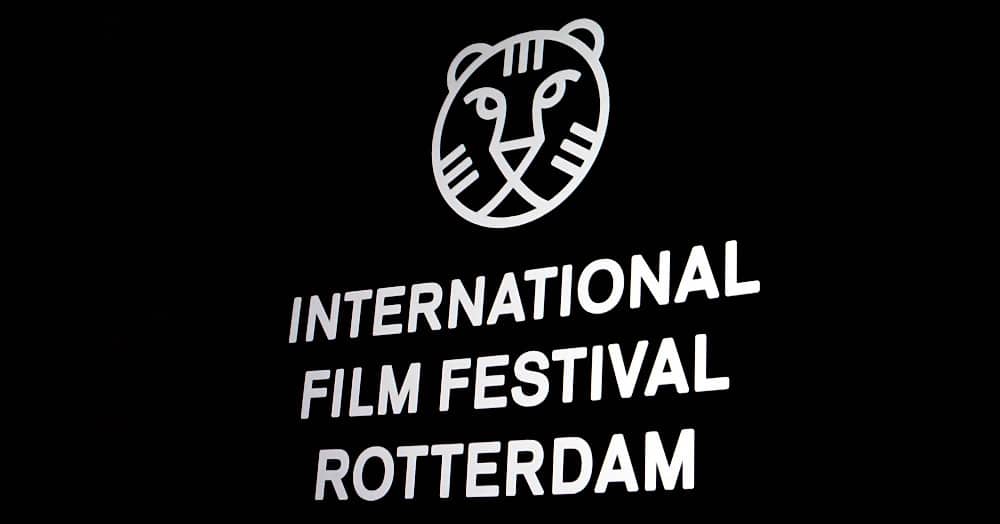HAPPENING 1 July 2025 | A long, long time ago the Netherlands colonized many countries and was a major player in the slave trade. Since 1993, every year, the abolition of slavery by the Netherlands is observed and celebrated on July 1st.
Keti Koti in Rotterdam
On 1 July, Rotterdam will mark Keti Koti, a day that commemorates the abolition of slavery. The city will host various events that highlight the cultural significance of this historic day. In 2025, Keti Koti celebrations mark 152 years since the abolishment of slavery by the Netherlands.
Keti Koti Festival
The Keti Koti Festival is a significant cultural event in Rotterdam, fostering unity and celebrating freedom. The festival is free and open to all, inviting everyone to participate and learn about the rich cultural heritage of the Afro-Caribbean community.
One of the highlights of the festival is the Bigi Spikri parade, which will begin at Oostervant and end at Wijkpark Oude Westen, running from 13:00 to 13:45. The Keti Koti festival starts when the Bigi Spikri procession arrives at the park. The park will host events from 12:00 to 22:00, featuring a cultural market with various Surinamese and Caribbean products.
At De Doelen, activities will commence at 16:00 and continue until 23:00. From 16:00 Schouwburgplein hosts a city-centre stage where Jayh Jawson, Nyarko, Delany & Band and DJ collectives keep the groove rolling until 23:00. Need some shade? De Doelen runs an indoor block-party 16:00–19:00—think fashion shows, live radio and youth workshops. All events are free; just bring your brightest prints and your dancing feet. Entrance to all events is 100% free.
Other Keti Koti activities in the city (2025)
Monday 16 June 2025 – The season kicks off with a Keti Koti dialoogtafel at Zadkine college on Benthemplein (15:00–19:00). Over a ritual meal guests swap personal stories about slavery’s legacy and today’s drive for equality, setting a reflective tone for the weeks ahead.
Sunday 22 June 2025 – A stylish pre-celebration fills Art Studio Hoogvliet (12:30–17:45). Expect a documentary, a panel led by Peggy Bouva with Joan de Windt, Mitchell Esajas and Glodi, plus hands-on workshops: angisa head-wrap styling and a crash course in Sranantongo. Perfect Sunday food for thought (and Instagram).
Wednesday 25 – Saturday 28 June 2025 – Memory Walk returns three times daily (15:45, 18:45, 20:45) from Theater Rotterdam, weaving spoken word, dance and music through colonial landmarks before spilling back into the TR foyer for installations, a mini-market, workshops and the interactive talk-show Dresi fu yeye on the 28th. Bring comfy shoes and curiosity.
Saturday 28 June 2025 – The morning opens at 10:00 with an inter-denominational church service in the gothic Laurenskerk, where the Evangelische Broedergemeente, Petrus Donders Parochie and Holland Methodist Church lead prayers on freedom and justice. From 13:00 the action shifts to De Doelen for the vibrant Keti Koti Markt (two rounds: 13:00–14:30 & 15:00–16:30). Dance workshops, a Surinamese cooking demo by Howard Komproe & Noni Kooiman, and the “Black Joy Corner” keep the vibes high while local makers sell books, fashion and crafts.
Monday 30 June 2025 – Commemoration day. At 15:15 a floral rite on the Maas honours those who perished in the Middle Passage. At 17:45 a candle-lit procession sets off from Maaspodium, reaching the slavery monument on Lloydkade for the official ceremony and wreath-laying at 19:00, with speeches from Mayor Carola Schouten and community leaders. As twilight falls, Schouwburgplein transforms into the Liberation Festival (16:00–23:00) with music, street food and family zones—so you can shift from reflection to celebration without leaving the city centre.
What is Keti Koti?
Keti Koti literally means "Breaking the Chains" in Surinamese. Slavery was a fact of life in the former Dutch colonies, including Brazil, Suriname, Curaçao, Aruba, Sint Maarten, Bonaire, Sint Eustatius, Saba in the Caribbean, and Indonesia.
The Netherlands officially abolished slavery in the Caribbean on 1st July 1863. This move saw approximately 55,000 slaves in Suriname and the former Dutch Antilles gain their freedom. That same year, slavery was also abolished in the Dutch colony of Indonesia. Today, close to 100,000 of Rotterdam's citizens are descendants of former slaves.
On (30th June and) 1st July, memorial services and celebrations are held, either officially or unofficially, across the Netherlands.
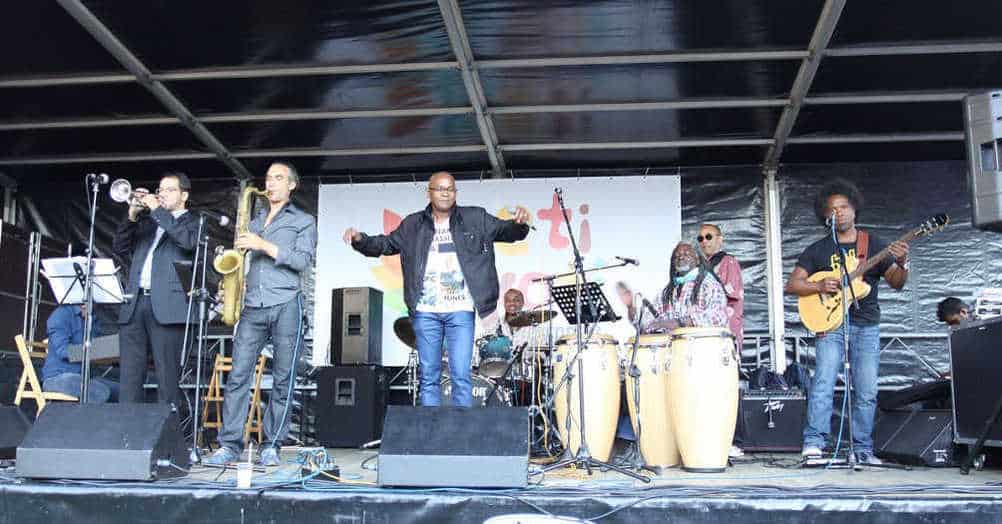 Keti Koti Rotterdam - celebrating the end of Dutch slavery
Keti Koti Rotterdam - celebrating the end of Dutch slavery
What is the Bigi Spikri march?
On July 1st, 1863, the former slaves of Suriname, having gained their freedom, marched to the centre of the country's capital city of Paramaribo. They were all wearing new clothes and shoes that day. So, upon their arrival in the city, they made use of the shop windows as a means to admire their own reflections. The shop windows served as big mirrors (Bigi Spikri).
This was the very first time that the freed slaves had the opportunity to truly enjoy themselves in freedom. In a parade, together they marched to the churches and meeting places of Paramaribo. The Bigi Spikri parade in Rotterdam aims to relive the proud moment of newfound freedom and the march of that day in 1863. Expect to see proud people in traditional dress.

